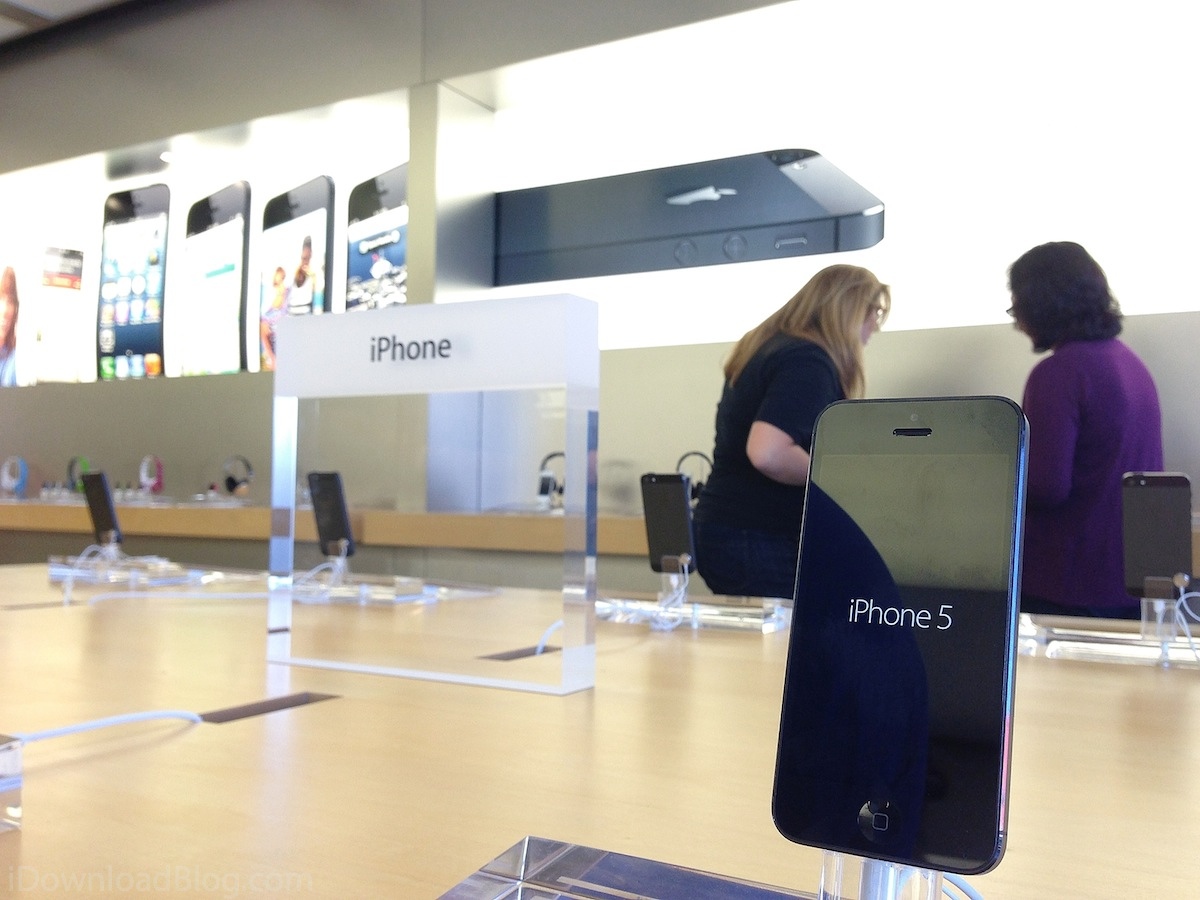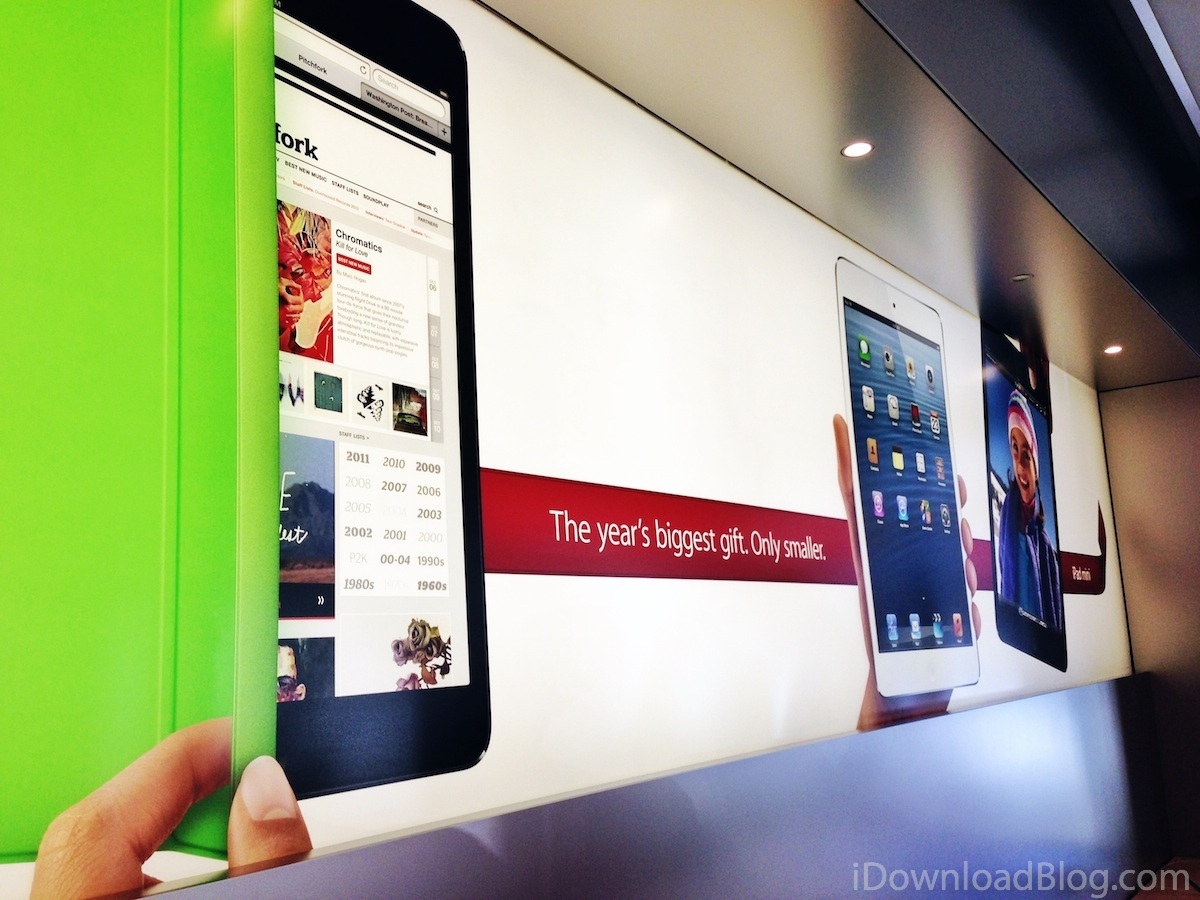As we enter the last weeks of December, Wall Street analysts are adjusting their forecasts for Apple and its keystone products, the iPhone and iPad.
Sterne Agee’s Shaw Wu Wednesday told investors increased supplies of the iPhone 5 likely means more sales, while tablet buyers are shifting toward the iPad mini, resulting in slightly fewer sales overall.
After talks with supply chain sources, Wu expects Apple to sell this quarter 47.5 million of the new handsets, up from his earlier projected 47.3 million units. As for iPads, the analyst trimmed his sales forecast to 23.5 million, down from 25 million. In both cases, supply was the critical factor…
Supplies of the iPhone 5 appear to have turned the corner, according to Wu (via AppleInsider). After watching shipping times fall from four days to two and now same-day, Wu is bullish on the iPhone.
His new estimate of 47.5 million handsets sold during the holiday period is higher than his previously projected 47.3 million and tops the market consensus of between 45 million and 46 million.
In November, Wu was among analysts noting the increased flow of iPhone 5 handsets. The previously noted supply crunch had “much improved”, he told investors in November.
Likewise, fellow Apple watcher Piper Jaffray’s Gene Munster said supplies were “finally gaining momentum” against what supplier Foxconn earlier described as “huge demand”.
When the iPhone 5 was released, Wall Street observers expressed concern that Apple would be unable to meet the enormous demand for the device.
By contrast, iPad sales during the fourth quarter could be lower than expected, largely due to “supply constraints” surrounding the iPad mini and likely cannibalization of iPad 4 sales.
The analyst reduced his sales projections for iPads from 25 million to 23.5 million tablets. That’s near the low end of the Street’s consensus of between 23 million to 24 million units.
Wu’s new forecast suggest “consumer preferences are simply shifting to the smaller form factor”, AppleInsider writes Wednesday.
The question of whether the iPad mini would take a bite of demand for its larger brother has been the focus of earlier debate. Last month, Citi’s Glen Yeung, surveyed supplies of both the iPad mini and the iPad 4.
“It is clear in our survey work that the iPad 4 is not selling well, cannibalized by mini sales,” he told clients.
Depending on the size of the chunk of iPad 4 sales consumed by the mini, the comments could dispute a report just after the smaller iPad was introduced. In a survey of people intending to buy the iPad mini, more than half said it would be their first tablet.
Wu also suggested the sell-off of Apple could come to an end when 2013 begins.
The analyst attributed stock sales (here, here and here) to investors seeking to avoid any tax fallout should negotiations over the “fiscal cliff” fail.
We are at the beginning of two big product cycles that will likely last 3-5 quarters and see margins poised to improve with greater scale and improving yields.
To emphasis his point, earlier this week came a rumor that Apple would announce the iPhone 6 and a Retina Display-updated iPad mini by mid-year.
Will talk of Apple’s slowdown and lost competitiveness suffer the same fate of Mayan Calendar end-of-the-world rubbish?


